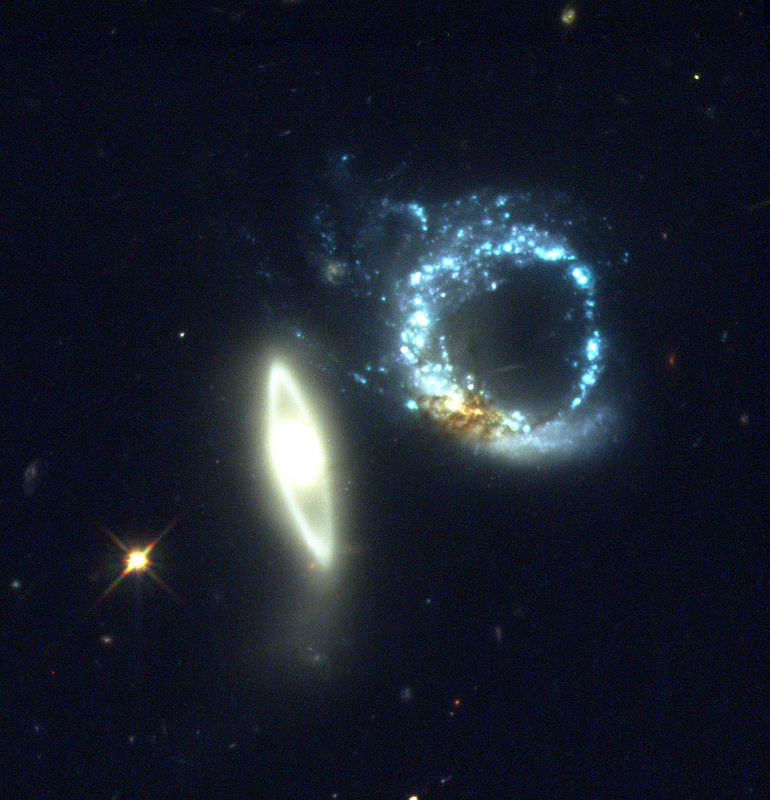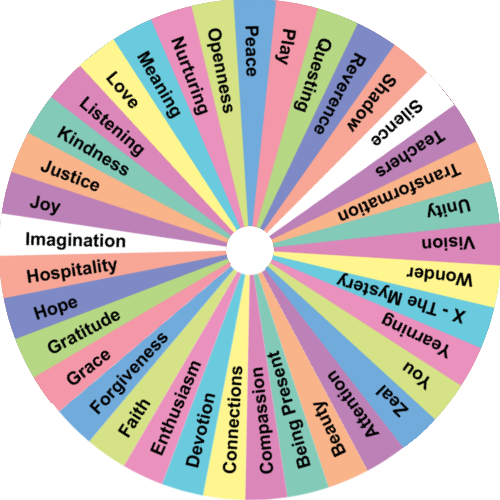More than Frankie Cosmos?
reflections on "authenticity" and "finding yourself" after reading
Kristy Guilbault's interview with Greta Kline
|
|
|
|
|
Once upon a time a whole generation of music-consumers, particularly those who consumed "folk music," were preoccupied with "authenticity." And the performers were as well. They wanted to dress in ways and act in ways that said to their listeners: "This is the real me, blue-jeans and a work shirt." They sang folk music from the working class, from the people.
Then gradually many came to realize that authenticity is a performance, too drawing upon existing social conventions, and very much relative to race, class, and gender. It was from the very beginning. Performers like David Bowie saw this clearly, and began to "perform" under the aegis of costumes and masks, presenting not their personal lives and sense of individual selfhood, but rather something more archetypal: a dimension of human experience. Their performances, even if filled with irony, had a kind of authenticity, too. The dichotomy between authenticity and theatricality broke down, and listeners began to recognize that theatricality can be as authentic in its way, as folk singing is in its way. Enter Frankie Cosmos and the singer Greta Kline. As you learn from Kristy Guilbault's interview, Greta Kline knows that there is a difference between the personas she creates in videos and music and the person that she is. And she knows that Frankie Cosmos fans are trying to figure out who she really is. Indeed, she is doing the same thing. She is "trying to figure out the real me." Many share her quest. We may not be musicians but we do assume roles in life, becoming different people in different circumstances (son, daughter, lover, friend, mother, father, writer, baker, poet, accountant, introvert, extrovert) and we find ourselves wondering: "Who, by the way, am I?" Process theologians offer an interesting suggestion. They propose that we are never just one thing: we are indeed a series of selves over time, each inheriting from previous selves, and each gathering the many influences of our past into the present as best we can, relative to the situations of our lives. We are not things but rather, in the language of Alfred North Whitehead, concrescing subjects. "Concrescence" is his word for gathering many influences into a whole in the immediacy of the moment. As we do this, we simultaneously express ourselves to the world, presenting ourselves as "this person" or "that person." The question becomes, not "who am I for all time" but rather "who am I for this time?" And how might I respond authentically to the call to be the real me now, in ways that are not completely controlled by how others perceive me through previous acts. These previous acts include, in Kline's case, previous music of Frankie Cosmos. There is no formula for answering the question. Each person can do it only in her or his say, and each person must listen to an inner voice, and inner teacher, which says, in felt whisper, this is who you can become for this time. Authenticity is never permanent. It is year by year, month by month, day by day, moment by moment. Is there truly an inner voice? Is there someone or something, ,inside us and yet more than us, that beckons us to be true to ourselves and true to life? Does spirituality include, among its many moods, a capacity to affirm our own "you"? Well, yes it does, ,say Mary Ann and Frederic Brussat of Sprituality and Practice. They offer us a spiritual alphabet that includes, among other things: You. You'll find a description of the practice by clicking here. Truth be told, the music of Frankie Cosmos presents, communicates, and explores many of the moods listed below, including vulnerability, humor, imagination, and shadow. These moods, too, are no doubt part of Greta Kline, just as they are part of all of us. We become fully human through them not apart from them. But Greta Kline's interview with Kristy Kline points out the importance of being true to yourself, moment by moment. For some people the voice of the inner You is also the voice of a cosmic You: the voice of mysterious Tenderness nested within the universe whom some call God. But for others the voice of the inner You can stand on its own without further reference. Either way it is spiritual in its way, just as the many moods presented by Frankie Cosmos are spiritual. And it is to this inner voice that Greta Kline, like all of us, seeks to be faithful. -- Jay McDaniel |
FRANKIE COSMOS ON THE THINGS YOU CAN ONLY EXPRESS THROUGH WRITING SONGS
by Kristy Guilbault For the past decade, Greta Kline – under various aliases, most notably with the alias Frankie Cosmos – has spit out two-minute Bandcamp anecdotes on topics ranging from Korean food to the brevity of youth. Kline takes ordinary occurrences and coats them with a mesmerizing indie pop sheen, transforming the mundane to extraordinary. But while her songs have felt intimate, Kline, admittedly, hasn’t been in touch with her emotions, using the songwriting process to uncover situations in hindsight. “I feel like everytime that I write something it changes meaning, and it becomes more apparent to me what it means as time goes by,” Kline says. “These songs are interesting to me, because a lot of them are from a time when I really wasn’t in touch with how I was feeling, and the only way that I could express it was through song. Hearing them now, I can hear all of that, and it’s really intense.” Kline’s third studio album, Vessel, candidly addresses the disconnect between herself and her body. The 17 tracks, which clock in at just over half an hour, gracefully give listeners a peek behind the curtain via unguarded moments such as the alien-like synth on “Duet,” or the uncontrived laughter at the ending of “This Stuff.” It’s a blunt examination of the emotional turmoil that Kline has endured since the genesis of Frankie Cosmos. * Frankie Cosmos’ public persona has rendered Kline’s private persona invisible, allowing fans to project their emotions onto her soundscapes. Vessel relieves Kline of this burden, by taking stock of her emotions and addressing the issue of projection head on. * Throughout her collective 12 years of creating music – from her bedroom to studios – the weight of Frankie Cosmos has shifted. It’s a pseudonym that has become more than simply a name for Kline to create music under; it’s become a vessel for touring, performance and connecting to an audience. Frankie Cosmos’ public persona has rendered Kline’s private persona invisible, allowing fans to project their emotions onto her soundscapes. Vessel relieves Kline of this burden, by taking stock of her emotions and addressing the issue of projection head on. “I’m at a point in my life where I’m trying to learn how to balance those two sides of who I am. And trying to figure out which one is the real me. Is it who you think I am or is it who I think I am?” Kline asks. |


